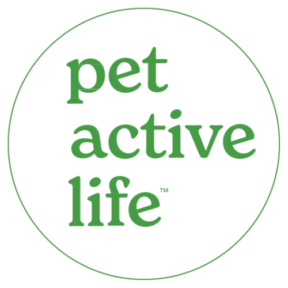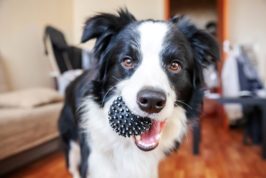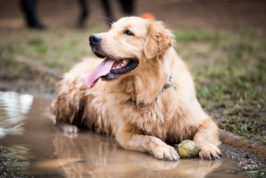How to keep your dog’s digestive system healthy
Naturally, we want our dogs to be happy and healthy, and a digestive system that’s running smoothly is a huge part of that. While stomach upsets are common – in some breeds more than others – it’s important that we’re proactive when it comes to the tummy health of our four-legged friends. Here are some must-dos for keeping your dog’s digestive system in tip-top condition, and how to understand when it’s not, and when it’s time to seek advice…
As owners, it’s our responsibility to understand what a healthy dog’s body looks like, and the digestive system plays a major part in your canine’s overall wellbeing.
What makes up a dog’s digestive system?
- Tongue
- Mouth
- Oesophagus
- Liver
- Gall bladder
- Pancreas
- Stomach
- Duodenum
- Small intestine
- Large intestine
- Anus
Learn to spot the signs that something’s wrong
Dogs will display similar signs to humans when it comes to digestive issues. Keep an eye out for the following:
- Bloating
- Excessive wind
- Changes in stool – unusual odour, colour, blood presence, etcetera
- Behaviour issues – aggression, irritability, becoming withdrawn
- Pain when going to the toilet
While the above could point towards a digestive problem, they could also signal alternative issues. Always consult with your vet if you’re unsure!
Maintain a healthy diet and mealtime routine

The best thing you can do for your pet’s digestive health is to promote a healthy diet and feeding routine. Stick to the same times each day for meals, and ensure you’re giving your dog suitable, nourishing food with all the necessary nutrients. Seek advice from your vet if you’re finding the supermarket shelves overwhelming!
When it comes to treats, meanwhile, it’s all about balance – just like with us humans. Now and again a tasty treat is ok, just don’t go overboard or you could cause health issues. Similarly, as tempting as it is, avoid human food altogether. It’s not designed for canine tummies and can cause all sorts of problems.
While it’s easier said than done, we’d also recommend keeping a close eye on what your dog’s licking when you’re out and about.
Be wary of sudden diet changes
Naturally, we might change our dogs’ diets from time to time. Either because we’ve been advised about additional nutrients that might be beneficial, or because a special diet is needed when a canine’s recovering from an operation, for example. Whatever the situation, it’s best to introduce these types of changes slowly, as it’ll be less of a shock to the system. If your dog is on medication or receiving treatment, your vet will advise you on the changes you need to make to nurse him or her back to health.
How probiotics for dogs can help
Probiotics are well-known as an effective digestive aid for humans, and your dog can benefit from them in precisely the same way. Probiotics are live bacteria that help to balance the pH levels in the gut, promoting ‘good’ bacteria and a healthy gut.
Remember…
A healthy gut promotes a healthy immune system. Be on the lookout for signs that something’s wrong, feed your dog a healthy diet with all the nutrients he or she needs, and consider supplements to keep things working nicely.





